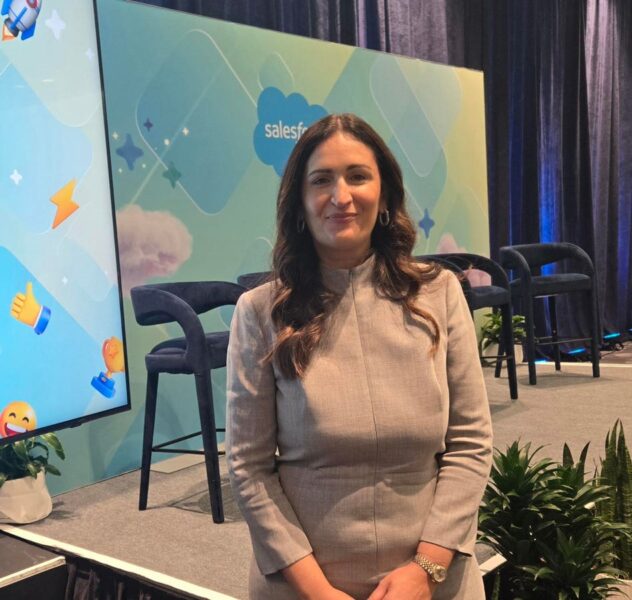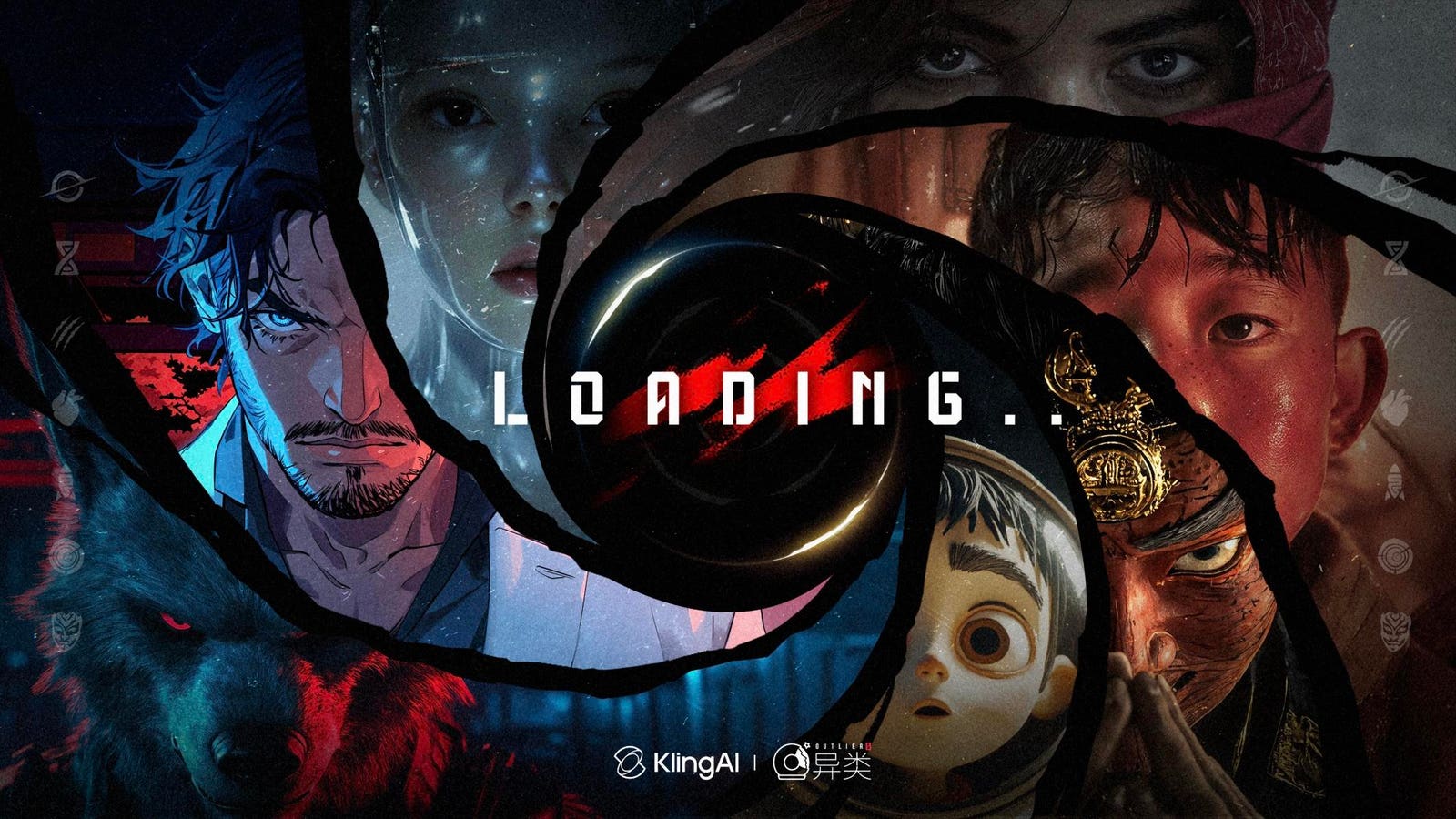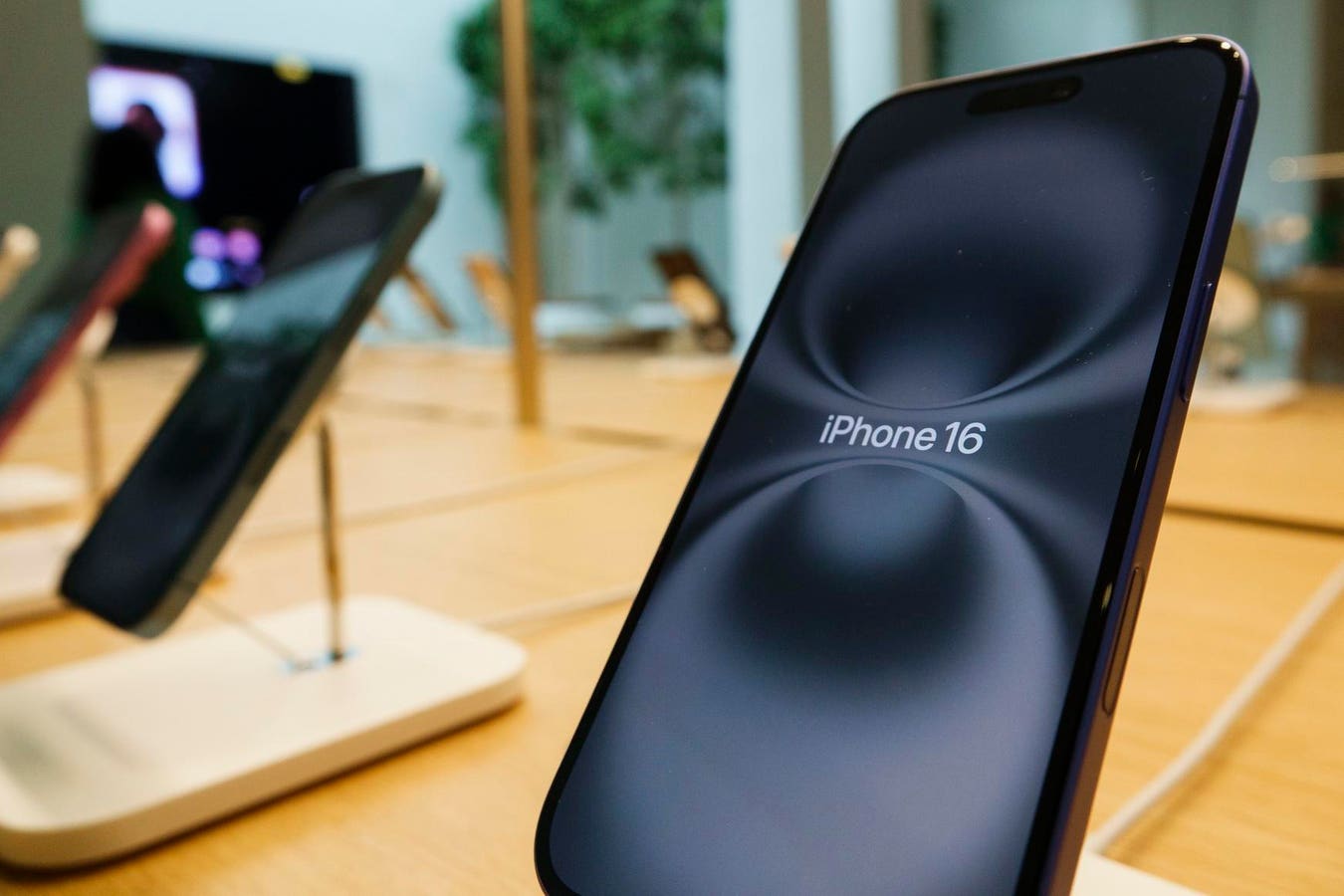Dr. Athina Kanioura, Chief Strategy and Transformation Officer at Pepsico
Ron Schmelzer at Dreamforce 2025
As enterprises worldwide race to put AI into play, organizations can learn from how Pepsico is tackling the process. PepsiCo is buying world-class AI tools and telling the vendors what to build next, all while pulling its core processes back in-house. That is the operating thesis driving Chief Strategy and Transformation Officer Dr. Athina Kanioura’s program, that she shared at the Salesforce Dreamforce 2025 event.
“We want to own our core AI-augmented processes, and we will not outsource,” she said, arguing that the company’s operating system needs to sit with PepsiCo people, not a third party.
Platform partners, process sovereignty
Pepsico is quickly applying AI to many of its core processes. This is not a recent innovation, however, as the company has had a multiyear program focused on making data-driven and AI systems core to its processes. The program ties AI to five core business priorities that do not shift with hype cycles: consumer closeness, commercial excellence, operations, integrated business planning and employee experience.
Consumer closeness means tighter direct B2C ties. Commercial excellence covers sales and service activation. Operations spans logistics and manufacturing across more than 300 plants and thousands of warehouses. Integrated planning links commercial, financial and supply data across horizons one, two and three. Employee experience targets tools, training and flow of work.
“These key business priorities need to be redefined powered by technology,” she said.
Independent of the movement in the AI industry, Kanioura set three planning horizons, then locked the work to those pillars. That strategy sits on a shared backbone. The team collapsed roughly fifty data lakes into one global data foundation, ran a multi-cloud setup on AWS and Azure with GCP joining, partnered with Databricks for the analytics plane and stood up a homegrown application layer called DSX for interoperability. The stack creates a single data and application fabric that every market can tap.
Yet, regardless of the technology stack and increasing AI adoption, Kanious draws a sharp line as to what technology should be bought or rented from others, and what should remain the sole ownership of Pepsico.
“We buy your products. If we don’t influence your product roadmap, we are not interested,” she said. That stance now shapes how PepsiCo works with Salesforce, AWS, Microsoft, ServiceNow, Nvidia and Siemens. “We define the release cycles… based on our requirements,” she added.
The company will use hyperscalers and major enterprise platforms, but it refuses to become captive to them. This is increasingly becoming important as agentic AI makes its way into enterprises.
Evangelizing a Change from the Old Model
That balance looks different from the old model of heavy outsourcing. PepsiCo moved from outsourcing to a hybrid approach. The message inside the company is simple. Tech companies supply building blocks but PepsiCo owns the blueprint.
Scale makes the approach urgent. The company runs more than 300 factories with thousands of warehouses worldwide. A fragmented tech stack slowed decisions and raised risk. That centralized model carries a strong governance spine. Kanioura pointed to quarterly oversight with the general counsel, audit committee and the board, plus a global Responsible AI policy that sets guardrails even where regulation lags.
The company refused to “allow 1000 AI pilots,” Kanioura said. It focused on a core set of implementations that any function can reuse. The company standardized the top enterprise processes at a 70 percent common core across geographies. The last 30 percent flexes for local rules and tax. Global process owners now police that line.
Upskilling at industrial scale
PepsiCo couples platform work with company-wide learning. The company launched a Digital Academy to give every employee a fundamental understanding of cloud, data and automation, followed by an AI Academy that was opened up eighteen months ago. The team rolled out a private “PepGPT” environment with role-based certifications and job family-focused curricula. Even truck drivers receive applied AI training for dynamic routing, safety and route optimization tools tied to forward- and rear-facing cameras and biometrics.
Results show up in a case study conducted with Aspen Institute in 2023. The Digital Academy now spans more than 11,000 learning assets and delivered 140,000 completed modules in its first year, with 600 technical certifications ranging from Azure to DevOps and Power BI. PepsiCo’s no-cost “myeducation” benefit offers over 100 credentials, from high school diplomas to degrees, with upfront tuition and fees. Enrollment skews toward in-demand digital fields. Retention improved. Participants are almost twice as likely to see a role or level change, and attrition among them runs 18% lower.
What other leaders can borrow
Kanioura wants tech partners to bring not only technology but also their own engineers to assist in development. She still draws a hard boundary around the company’s operating model. “The process is something that we need our people to feel ownership,” she said. In her view, previous waves over-indexed on bot deployments and task automation. The current wave focuses on process redesign, with a process excellence hub in India working with internal markets to embed the 70% core.
Three moves stand out for executives facing the same build-with-partners dilemma. Kanioura emphasizes that enterprises should demand influence on vendor product roadmaps. If a platform powers a core process, insist on co-design and timed releases that match your calendar, not only the vendor’s. PepsiCo makes that a precondition for major deals.
Second, she insists that organizations should consolidate pilots into platforms. Measure novelty by reuse. Two hundred implementations became ten shared services at PepsiCo. That conversion created scale economies and a cleaner control surface.
Invest in people as seriously as platforms. Pepsico’s Digital Academy, AI Academy and myeducation sit beside the tech and data foundation. The portfolio covers frontline roles and corporate teams, and it ties learning to mobility outcomes, not only focused on course completions.
But the biggest bottom line is that AI transformation should not worship tools. Kanioura’s phrase lingers. “We want to own the process,” she said. The point is not philosophical. It is operational. When an enterprise controls the process layer, the company can swap models, swap vendors, and take advantage of the promise of technology without giving up control.









